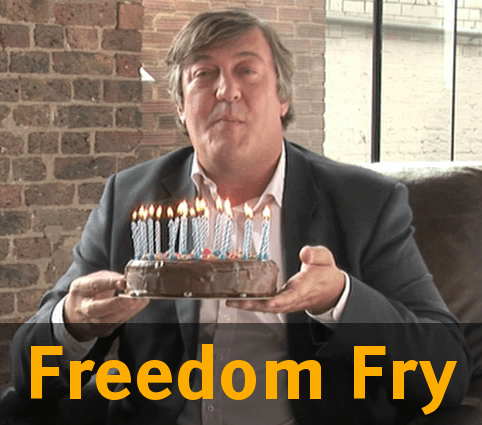Together with the ITC Department, we’ve recently begun a feasibility study which looks at related areas of the university’s ITC provision. It brings together three, originally separate proposals to look at upgrading our wireless infrastructure, provide a more flexible desktop experience through virtualisation and improve our understanding of and support for Netbooks and Mobile Internet Devices. It’s good to be working so closely with our ITC Department. So often I hear people at other institutions complain about their ITC departments being ‘brick walls’ and showing no flexibility, but fortunately I can’t say that about my experience at the University of Lincoln.
The Head of ITC sent me a link to this video today. It’s a good example of why our study is both necessary and worthwhile.
[kml_flashembed movie="http://uk.youtube.com/v/uRUTtpk9EHg" width="425" height="350" wmode="transparent" /]
Related to this, Tony Hirst recently bookmarked this ITC syllabus for 13-14 year olds recently, which, together with the video, provides a clear indication of what’s happening in schools.
We’re working closely with the Student Council and Academics and intend to survey them on the issues raised by the study early in the new year. We’ve started talking to vendors of desktop and application virtualisation ‘solutions’, too (the virtualisation of our server infrastructure is almost complete). We’re also lining up some visits to other institutions that have experience in these areas.
If you or your school, your FE or HE insititution has seriously considered or implemented desktop and/or application virtualisation, a full service wireless infrastructure (i.e. it matches the services on your wired network) and support Linux and XP-based Netbooks and other mobile devices, please do get in touch or leave a comment below.
